What I Learned About Life Post-Covid Testing
Peter FitzGerald, aged 73, is the visionary founder and owner of Randox, a health diagnostics company headquartered in Northern Ireland and a proud sponsor of the Grand National. From 2020 to 2022, Randox processed a staggering 25 million Covid tests under government contracts, often granted without competition. This intense period saw the company grow its workforce from 1,400 to 3,400 employees and achieve pre-tax profits of £465 million amid soaring revenues. However, the firm has since restructured, reporting a £40 million loss last year. Currently, Randox employs 2,100 people and might still face losses this year despite improved financial performance. FitzGerald shares the company’s journey through these turbulent times.
“We had heavily invested in our core technology of biochips, essentially mini-tests on a microchip, well before Covid hit. When the pandemic struck, our existing technology and virus testing capabilities allowed us to respond effectively, albeit not specifically for Covid at first,” FitzGerald said.
He explains, “We seized the opportunity to secure government contracts and private testing for travel. We were quick to adapt, investing in new laboratories and equipment.”
“Pre-Covid, we questioned if our organization was too bloated. Our strong focus on research and development, combined with a team of diverse scientists and engineers, positioned us well to tackle the crisis head-on.”
“With the Profits from Covid, We Expanded Our Health Clinics”
As the pandemic waned, Randox had already initiated private health clinics, offering new tests that could detect diseases early. However, they struggled to get clinicians or the NHS to adopt these tests, so they turned to the public, opening clinics first in Northern Ireland and then in London, eventually expanding to 23 locations.
“Direct sales to the public became necessary as we couldn’t gain widespread acceptance for tests that trials showed could improve life expectancy. The public’s growing understanding of blood tests and the immune system helped our cause,” FitzGerald noted.
“R&D Investment Increased, Leading to a Loss”
“We maintained a larger-than-needed R&D team, betting on future developments,” said FitzGerald. This included an additional 400 to 500 staff.
Despite technical losses last year due to high R&D spending and initial low clinic volumes, the transition period is coming to an end. Hiring staff for blood collection and marketing added to initial costs, but the situation is stabilizing.
“Scaling Back Required Comprehensive Communication”
“Our staff performed brilliantly during Covid. Now, we are in a similar phase where clear communication about our future is essential to counter fears. Transition periods may drop morale temporarily, but ensuring a transparent and positive outlook helps,” FitzGerald explained.
“As operations scaled back, we reassigned staff where necessary, especially in research and development roles, to avoid losing key talent. We had to remain sharp and proactive to prevent organizational complacency and silo formation,” he added.
“I’ve learned to address silos more quickly to keep communication and efficiency high within the company.”
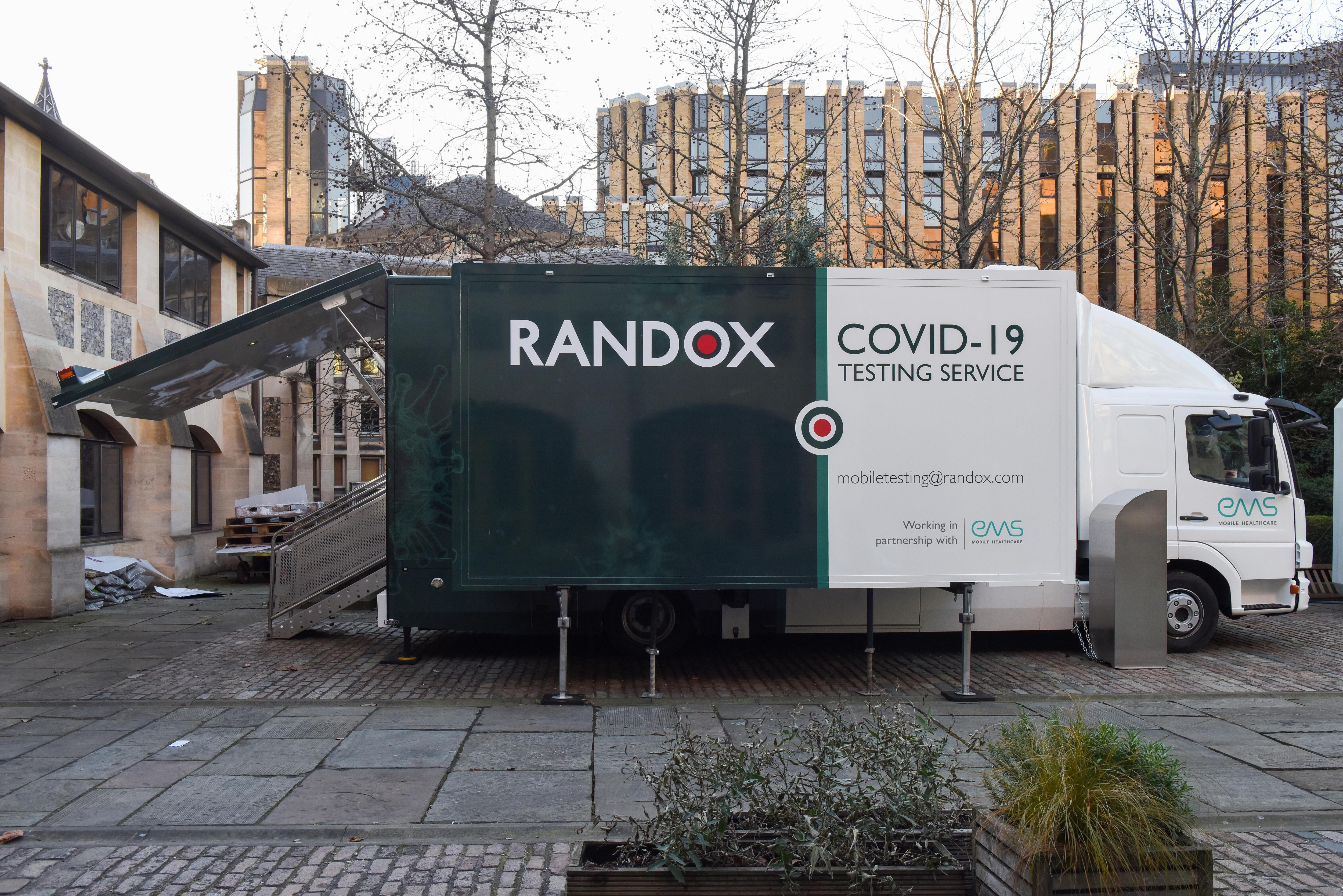
Emerging from the Transition Period
“We’re now seeing a clear path forward, with many of our products ready for market, significantly boosting morale,” said FitzGerald.
“The current financial year might result in a small profit or loss, indicating an inflection period. Our trading status is positive, even if not massively profitable.”
Grand National Sponsorship
“We have two more years of sponsoring the Grand National. We’ll be discussing this further with the Jockey Club soon. The sponsorship helped raise our profile significantly,” FitzGerald concluded.
Peter FitzGerald shared these insights with Richard Tyler, editor of the Times Enterprise Network.
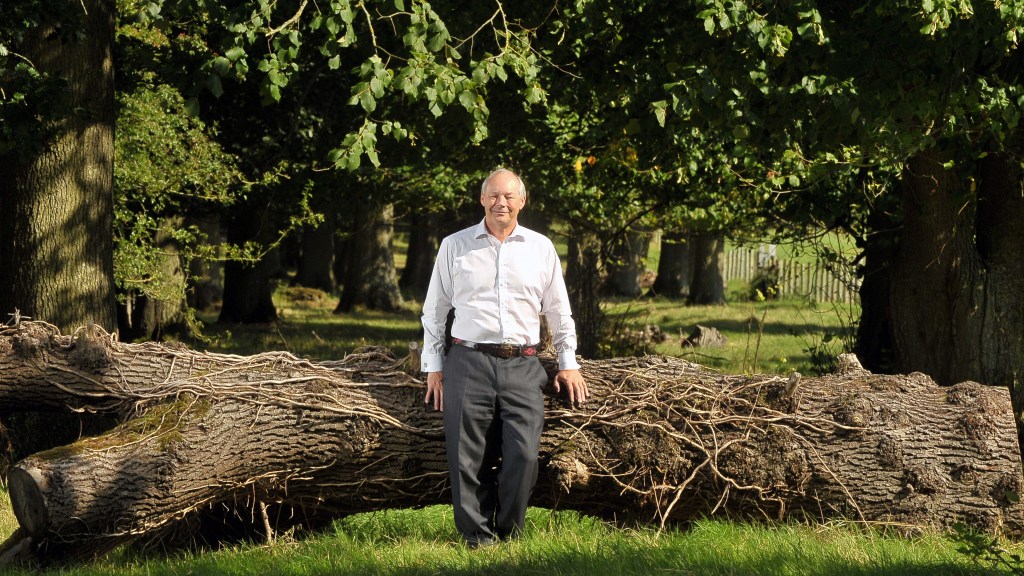
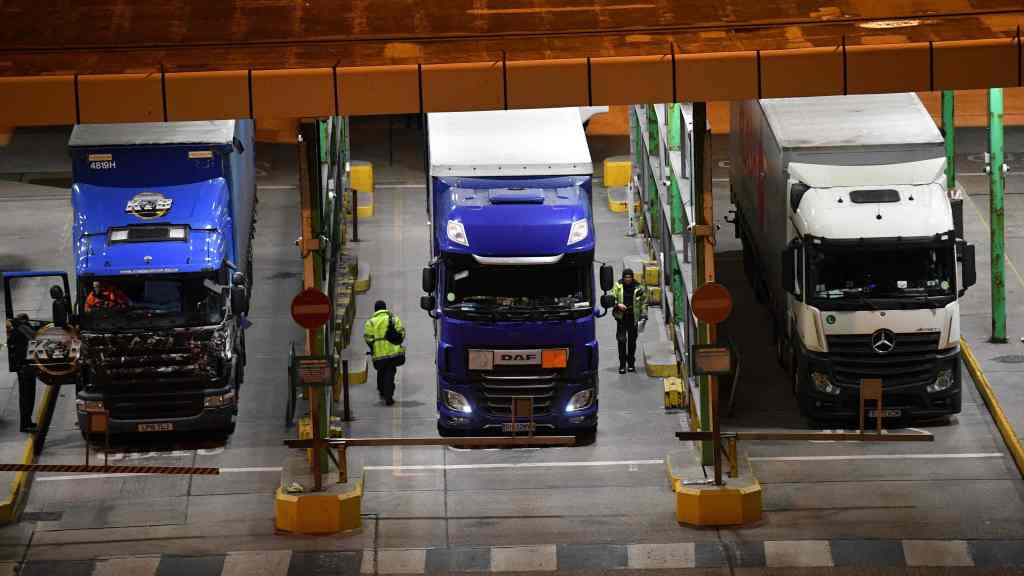
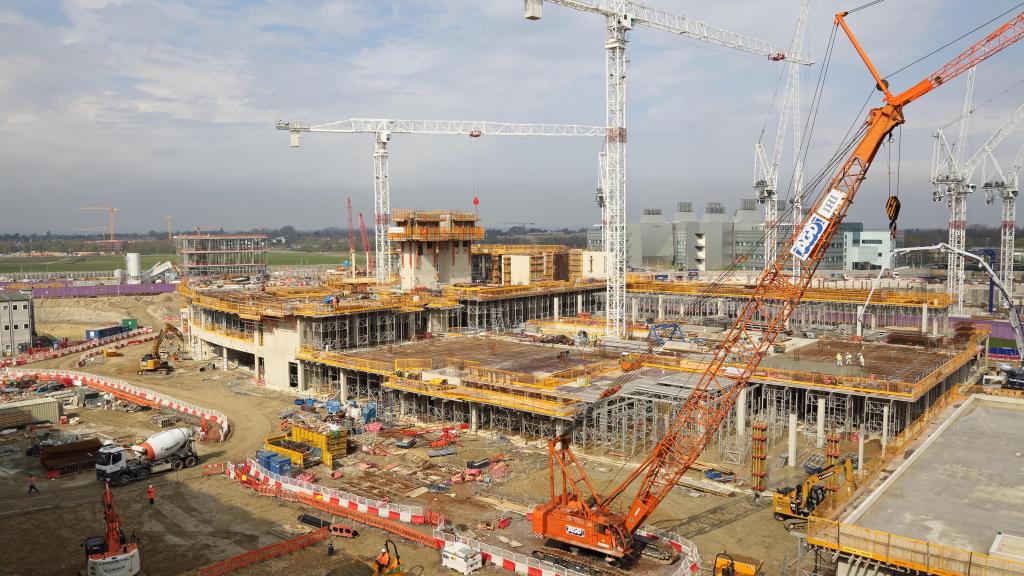
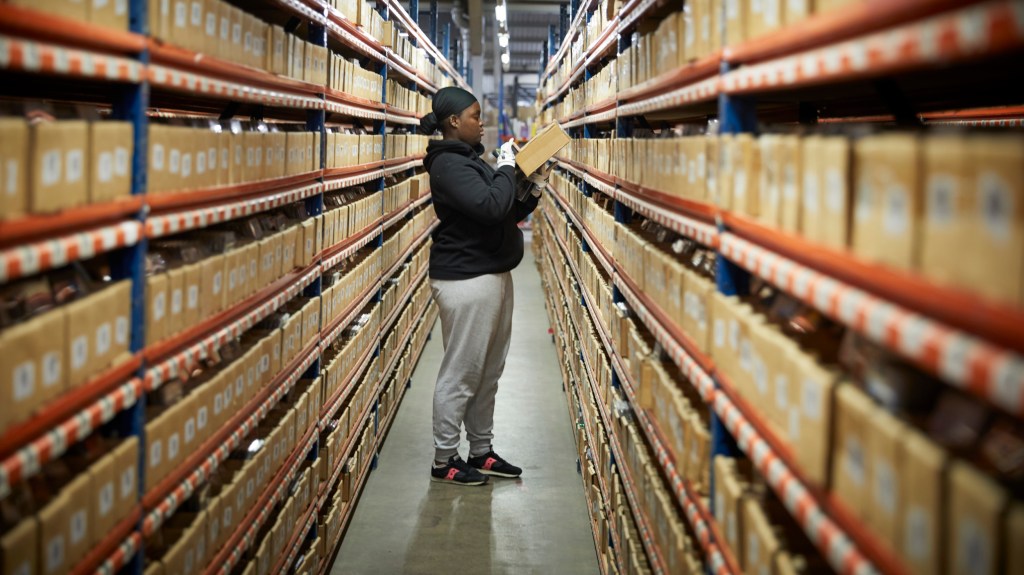
Post Comment